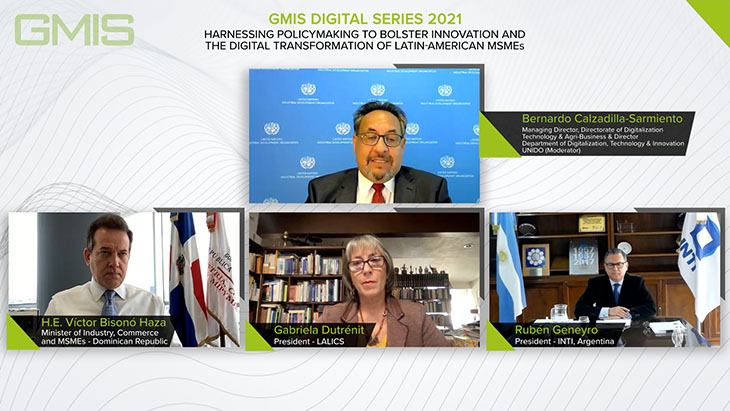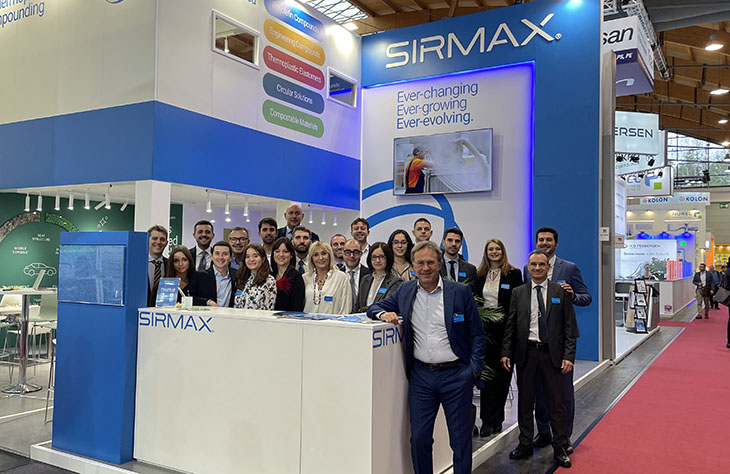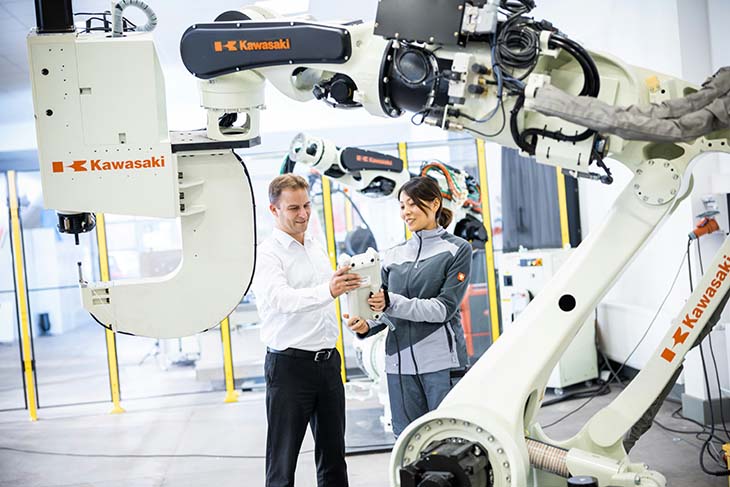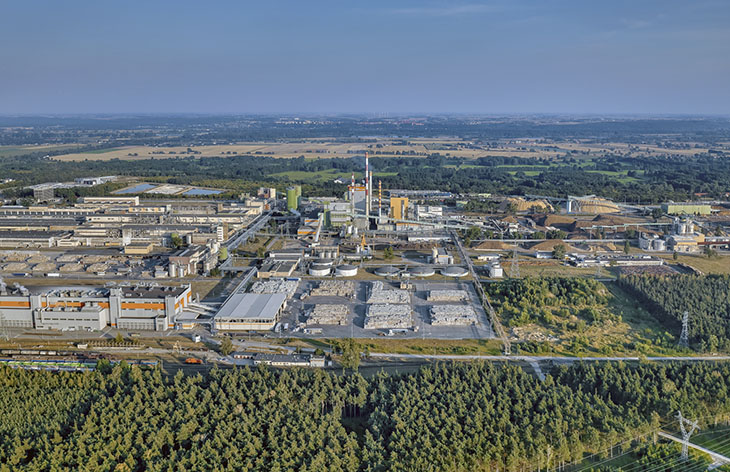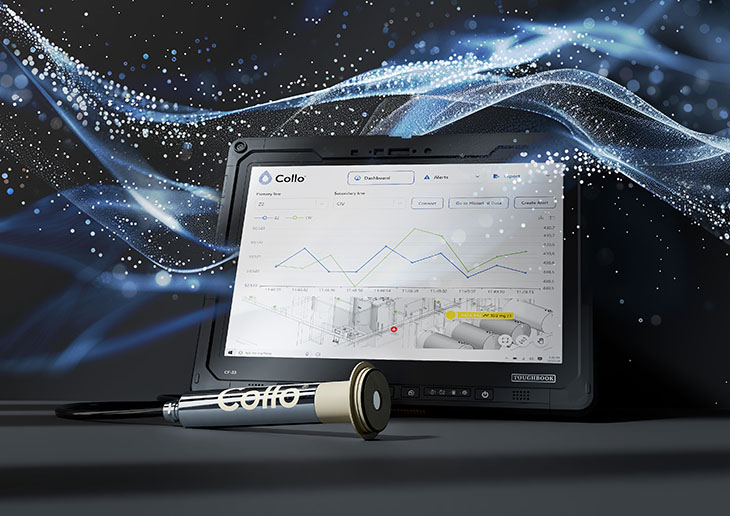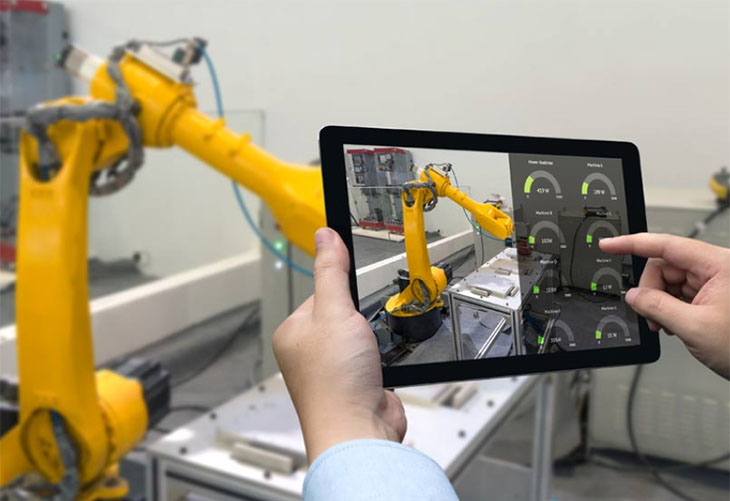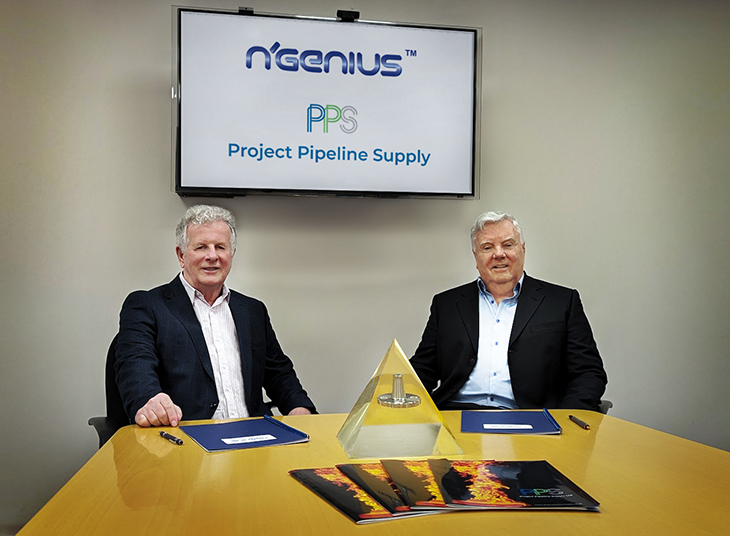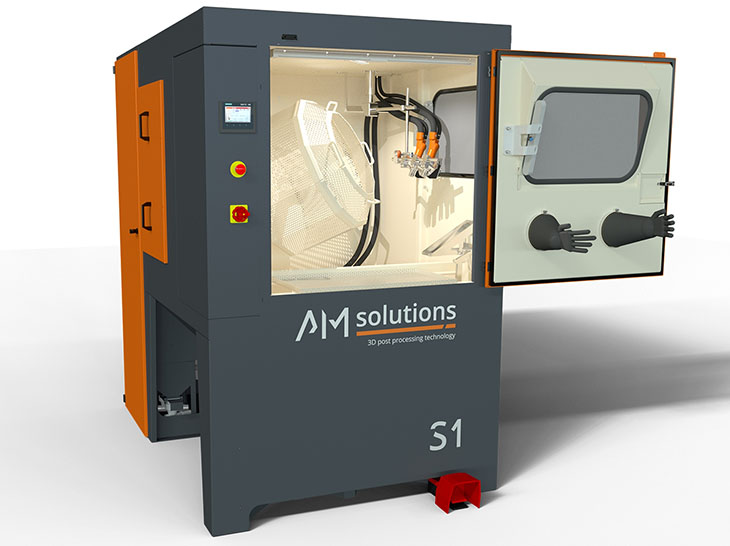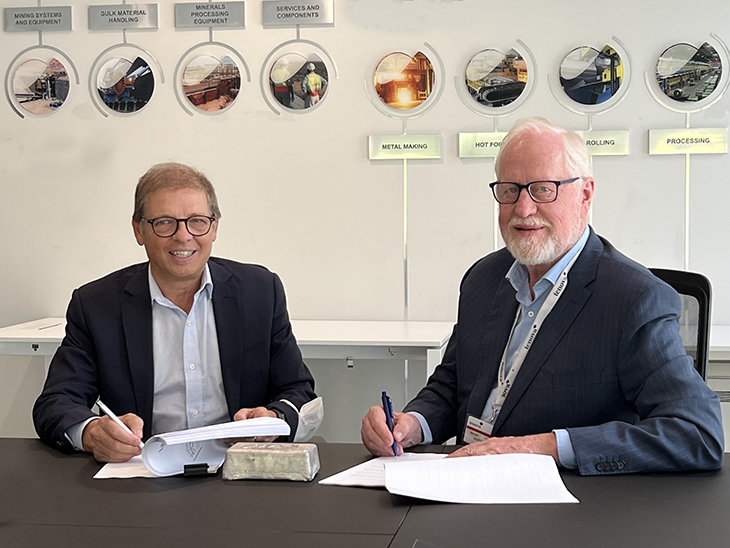- Micro, Small and Medium Enterprises (MSMEs) account for 99.5% of businesses, 60% of jobs and 25% of GDP in Latin America and the Caribbean, according to the Inter-American Development Bank
- 2.7 million of these MSMEs disappeared in 2020 due to the COVID-19 pandemic, according to the Economic Commission for Latin America and the Caribbean (ECLAC)
- Experts from Latin America and the Caribbean convened at the Global Manufacturing and Industrialisation Summit’s Digital Series to discuss the challenges and opportunities faced by MSMEs in the region
- The fourth edition of the Global Manufacturing and Industrialisation Summit (#GMIS2021) will be held at EXPO’s Dubai Exhibition Centre from November 22-27
Dubai, United Arab Emirates – September 22, 2021: The COVID-19 pandemic has accelerated digitalisation within Micro, Small and Medium Enterprises (MSMEs) across Latin America and the Caribbean, a region that holds tremendous potential for industrial transformation. However, several challenges, such as structural barriers to technology adoption, social inequality, and a lack of financial resources still need to be addressed.
These are some of the key findings from the Global Manufacturing and Industrialisation Summit’s (#GMIS2021) Digital Series on “Harnessing Policymaking to Bolster Innovation and the Digital Transformation of Latin American MSMEs”. The discussions highlighted the timeliness of the digital transformation of MSMEs and how critical they are to today’s globalised economy, particularly within the region, where they account for roughly 99.5% of businesses, 60% of jobs and 25% of regional GDP, according to the Inter-American Development Bank.
LI Yong, Director-General of the United Nations Industrial Development Organization (UNIDO), spoke of MSMEs as severely affected by the global economic recession resulting from the pandemic, which exposed a clear digital divide within and among countries. “We are working closely with Latin American countries to increase access to advanced manufacturing technologies. We, as an international community, can and must go further. We must accelerate our joint efforts to empower middle-income countries to deploy frontier technologies for transformative effect and achieve inclusive and sustainable industrial development.”
Even though digitalisation of industries was in place before the pandemic, the crisis has hastened that process, promoting the development of innovative solutions in the form of products, processes, and business models. Despite this, roughly 2.7 million MSMEs in the region disappeared in 2020 due to reduced access to markets and value chains and low rates of digital and financial inclusion, according to the Economic Commission for Latin America and the Caribbean (ECLAC).
Alicia Bárcena, Executive Secretary of ECLAC said technology adoption has proven to be essential to drive social and economic resilience across Latin America and the Caribbean, however, countries need greater government support and regional cooperation to enable digital transformation. “In contrast to developed countries or emerging economies of Asia, the countries of our region have not reaped the benefits of the successive great waves of technological transformation, particularly the digital revolution that began in 1990 and the nascent 4.0 era. The productivity of the MSMEs reach only 10% of larger companies in the region compared to 66% in Europe. Progress will require regional cooperation such as the facilitation of e-commerce, and the flow of cross-border data. Likewise greater cooperation in digital matters can also promote better institutions at the national level and help define common principles and guidelines to drive forward digital transformation.”
In Costa Rica, increasing access to internet connectivity and strengthening public-private collaboration to promote digitisation of MSMEs have been a key priority for the government over the past year. As a result of these efforts, roughly 88% of the country’s population now use internet, and over 60% have access to mobile internet, H.E. Victoria Hernández Mora, Costa Rica’s Minister of Economy, Industry and Commerce, said during the discussion. “All this has encouraged us to keep supporting digital maturity assessments hand in hand with the Inter-American Development Bank; SME digitalisation programmes’ continuity towards transformation together with the banking system for development; fostering a new digital record; as well as a new fintech that fuels small enterprises with high-tech tools to give them access to resources.” H.E. Mora expressed that these initiatives would lead to increased competitiveness, growth diversification of the GDP, and the creation and promotion of talents.
H.E. Victor Bisono Haza, Minister of Industry, Commerce and MSMEs in the Dominican Republic highlighted the importance of developing long-term strategies to help countries successfully face the challenges of the Fourth Industrial Revolution. “The Industrial Revolution and digital transformation demand a deep change in companies and professionals – changes that reach every area of the organisation and every sector of the economy, becoming a ground-breaking setting as a result of technological advances. The Dominican Republic has already started working on a paradigm shift, reflected in the implementation of different initiatives and policies, such as Presidential Decree No. 7121, which establishes the creation of the Cabinet for digital transformation.”
To foster bilateral collaboration in the areas of technology adoption and industrialisation, the Dominican Republic has signed a Memorandum of Understanding with Spain, focused on two initiatives: the Advanced Digital Self-Assessment tool (ADA), which will allow industrial organisations to assess their maturity and digitalisation levels, and the Activa Programme, which provides specialised advice for enterprises, including situational assessments and transformation plans.
Gabriela Dutrénit, Chair of the Latin American Network for Learning, Innovation, and Competence Building Systems (LALICS) spoke of the limited innovation approach as an obstacle to digitalisation, followed by structural heterogeneity of regional economies. “The challenge is how to handle this heterogeneity with differentiated policies according to the type of sector. On the one hand, there are bigger enterprises or even SMEs that have already taken a step towards technology development, and on the other hand, we have MSMEs that have taken a step forward in digitalisation, in using, not developing new technologies. But we need a differentiated policy, so the rest is about how to combine or articulate these policies.”
According to Ruben Geneyro, President of the National Institute of Industrial Technology (INTI) in Argentina, digital transformation and the shift to the 4.0 paradigm represent an additional challenge for the country with respect to its goal of modifying the productive matrix. “It is necessary to have active states that design smart and dynamic institutional mechanisms to generate synergies among the public and private sectors, the academic sector, and the workers. A few months ago, our Ministry of Productive Development presented a new Plan for Productive Development 4.0 with the idea of encouraging the adoption of this paradigm and promoting the development of technological solutions in the country, taking into account other countries’ experiences, but mainly considering our particularities, the productive framework, our strengths, and weaknesses.”
Argentina’s Plan for Productive Development 4.0 includes 50 new measures to raise awareness, including training, technical assistance, investment support, and an institutional infrastructure that supports the process of industrial transformation. In addition, the National Institute for Industrial Technology is currently working on courses for the industry and university degrees to build an institutional framework.
The virtual panel discussion is the latest in a new series of sessions held by the GMIS Digital Series 2021. The topics explored during the panel are closely aligned with the focus areas of the fourth edition of the Global Manufacturing and Industrialisation Summit (#GMIS2021). Under the theme ‘Rewiring Societies: Repurposing Digitalisation for Prosperity’, #GMIS2021 will take place at EXPO’s Dubai Exhibition Centre from November 22-27.
Participants can watch the #GMIS2021 Digital Series on the following link: https://youtu.be/nxUwaWmMhfI and can register to attend #GMIS2021 at https://gmisummit.com/registration.









